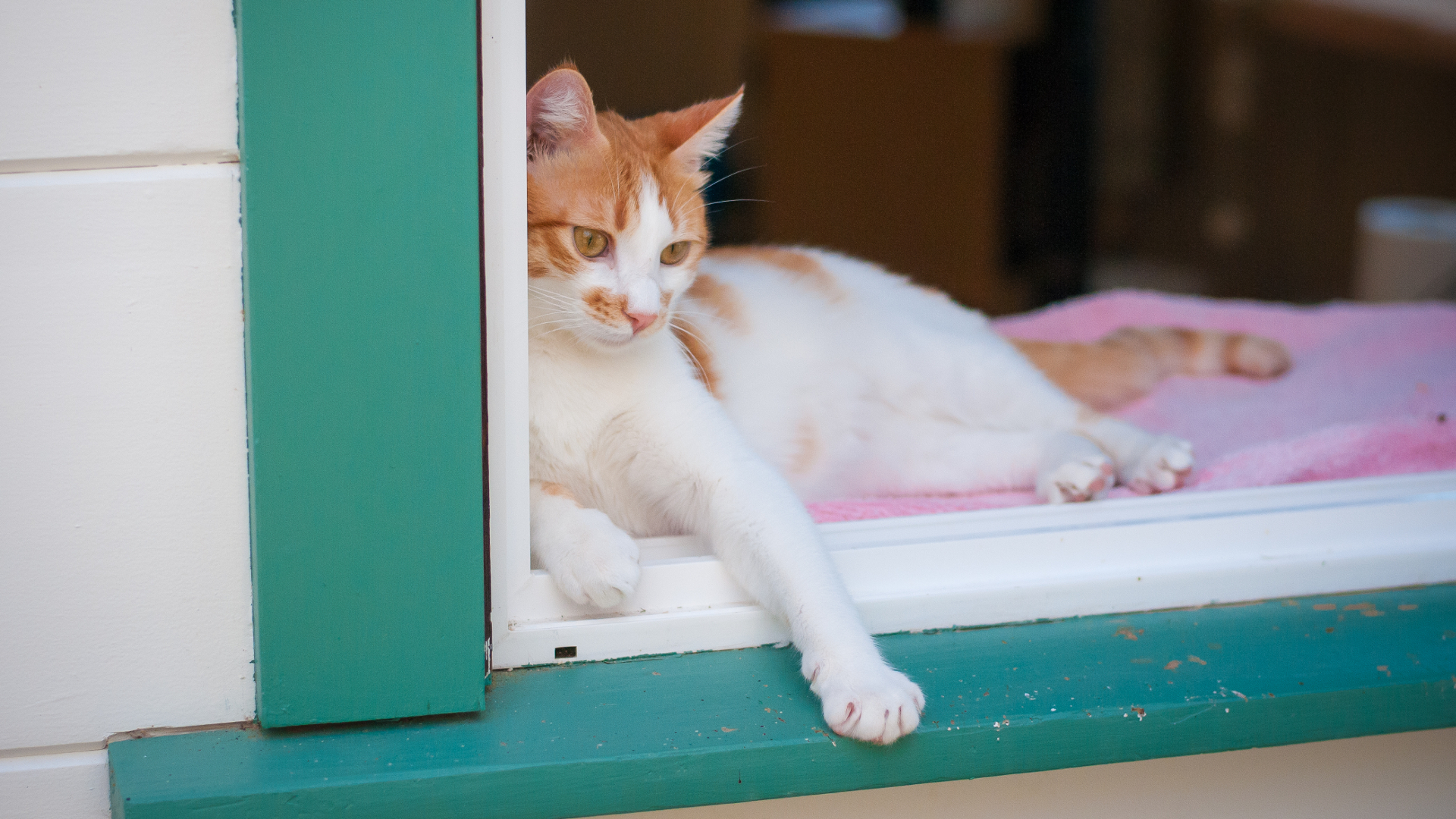Feline Rhinitis Symptoms
A cat affected by rhinitis will present symptoms such as:
If your cat has the above mentioned symptoms, she might suffer from chronic rhinitis and you should contact your veterinarian. Although the symptoms of rhinitis might temporarily go away, if left untreated, it can cause damage to the nasal cartilage or lead to bronchitis or pneumonia. Also, a viral infection signaled by the symptoms of rhinitis might affect pregnancy.
Causes of Rhinitis in Cats
Viral infections are among the leading causes of chronic rhinitis in cats. As viral infections are contagious, it is recommended that you isolate the affected pet from others until your veterinarian can run blood tests and give further recommendations.
Chronic rhinitis can also be triggered by the presence of a small object (such as a blade of grass collected from outdoors), or a developing growth in the cat’s nasal passage. The sneezing is, in this case, the body’s way of trying to eliminate the object.
Other causes of chronic rhinitis might be a fungal infection or allergies to elements of the environment such as smoke, mold, birds or bird feces, detergents or other chemicals in the household.
Chronic rhinitis can be found cats of any age or breed, although the causes are likely to vary depending on age. While in younger cats the causes of rhinitis are more likely to be viral, older cats will more often experience the symptoms of chronic rhinitis due to a tumor or other disease.
Nursing and Treatment
If your cat is experiencing the symptoms of chronic rhinitis general nursing is essential. Keep her hydrated, warm and comfortable. Gently wipe its eyes and nose with a damp piece of cotton wool and contact your veterinarian.
In case of a viral infection your veterinarian might prescribe repeated antibiotics treatments in order to entirely eliminate the infection.
If the rhinitis is fungus related, antifungal medication will be prescribed either to be given orally or to be surgically implanted into the sinuses. Also, in allergic rhinitis or immune deficiency cases, corticosteroids might also be administered.
Some cats might need a rhinotomy — the surgical removal of infected tissue, polyps or tumors. You should also bear in mind that your cat is more vulnerable to chronic rhinitis if under stress or already having a weakened immune system.
Prevention of Rhinitis
Changing your cat’s litter frequently as well as keeping her teeth and nostrils clean will help prevent chronic rhinitis. Also, it has been noted that cigarette smoke and mold in a cat’s environment are allergens likely to trigger rhinitis. Viral infection risks with can be reduced, though not entirely eliminated, through regular vaccination.







